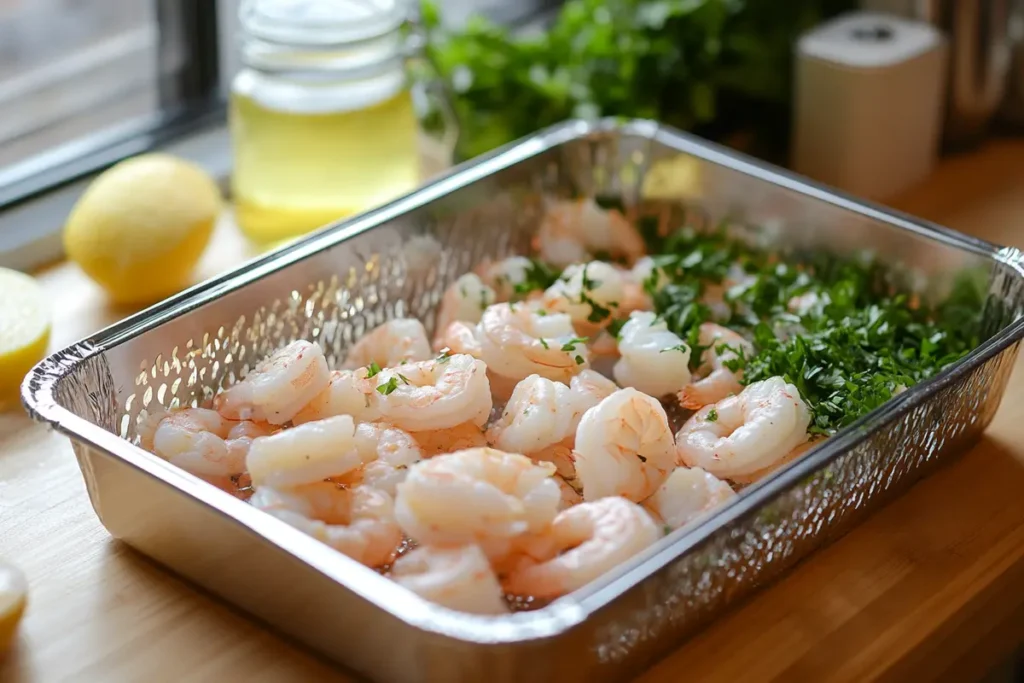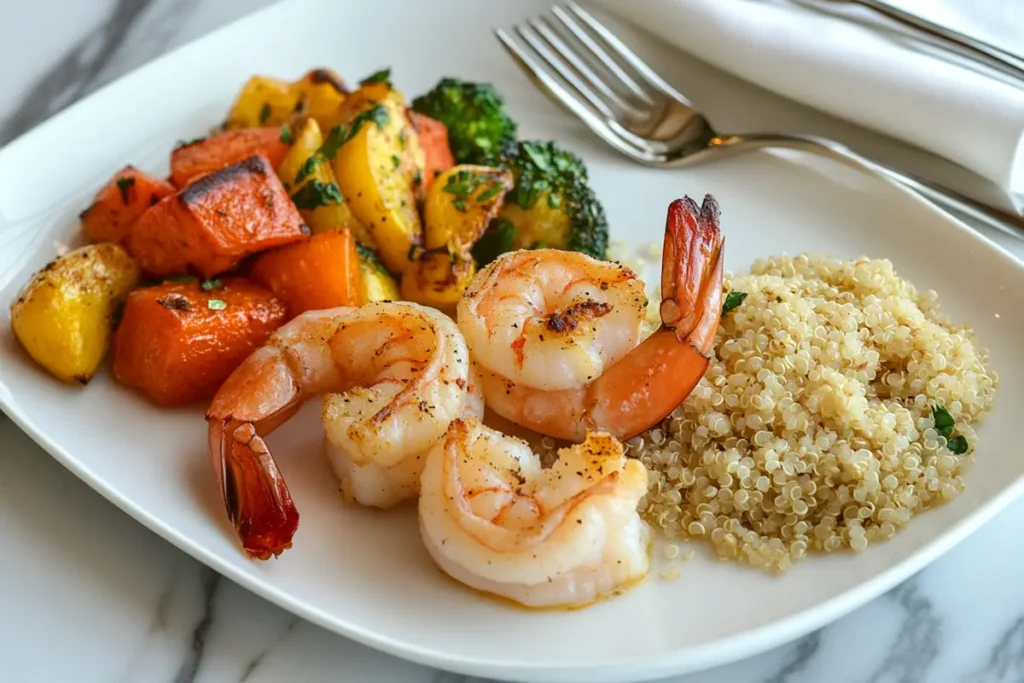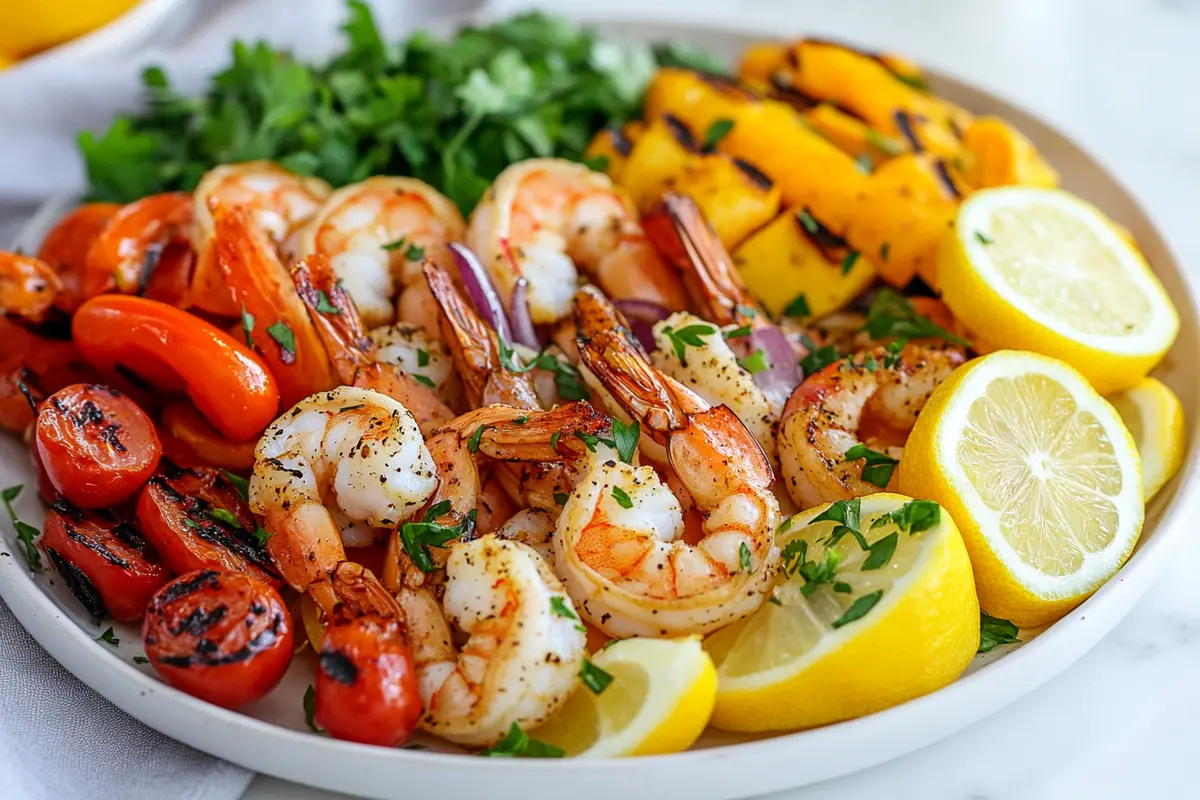Understanding Cholesterol
Cholesterol, including dietary cholesterol, is a waxy, fat-like substance found in every cell of your body, playing a crucial role in overall health.
Specifically, it is essential for numerous biological functions, such as producing hormones that regulate metabolism and other vital processes. Additionally, cholesterol supports the synthesis of vitamin D, which is important for bone health and immune function.
Moreover, it contributes to the structure of cell membranes, ensuring that your body’s cells remain intact and functional. However, not all cholesterol is created equal, and excessive levels or imbalances can pose risks to heart health.
Understanding the different types of cholesterol, as well as their roles in the body, is crucial for maintaining a healthy lifestyle and managing your heart health effectively.
Definition and Types of Cholesterol
Cholesterol travels through your bloodstream in particles called lipoproteins, which determine its role in your body.
- Low-Density Lipoprotein (LDL)
Often dubbed the “bad” cholesterol, LDL can build up in artery walls, forming plaques that increase the risk of heart disease and stroke. - High-Density Lipoprotein (HDL)
Known as the “good” cholesterol, HDL helps remove excess cholesterol from your bloodstream, transporting it to the liver for excretion.
Role of Cholesterol in the Body
Cholesterol, including both LDL cholesterol and HDL cholesterol, isn’t inherently harmful and plays vital roles in the body. For instance, it is pivotal in creating steroid hormones that regulate essential processes like metabolism and immune response.
Additionally, cholesterol contributes to bile production, aiding in digestion and the absorption of important nutrients. However, maintaining a healthy balance between LDL (bad cholesterol) and HDL (good cholesterol) is crucial for overall heart health and cholesterol management.
Factors Influencing Blood Cholesterol Levels
Your cholesterol levels, including those affected by dietary cholesterol, are not solely determined by what you eat. Factors such as genetics, physical activity, weight, and other lifestyle choices also play a significant role in influencing heart health.
While dietary cholesterol was once blamed for causing high LDL cholesterol levels, recent studies have shifted the focus to saturated and trans fats as more significant contributors.
By understanding these factors, you can take better control of your cholesterol and make heart-healthy dietary and lifestyle choices.
Nutritional Profile of Shrimp
Nutritional Content of Shrimp (Per 100g)
| Nutrient | Amount (per 100g) | % Daily Value (DV) |
|---|---|---|
| Calories | 99 kcal | 5% |
| Protein | 20.9 g | 42% |
| Total Fat | 0.3 g | 1% |
| Saturated Fat | 0.1 g | 1% |
| Cholesterol | 189 mg | 63% |
| Omega-3 Fatty Acids | 540 mg | N/A |
| Vitamin B12 | 1.1 µg | 46% |
| Zinc | 1.3 mg | 12% |
| Selenium | 38 µg | 69% |
| Sodium | 111 mg | 5% |
Is Shrimp High in Cholesterol?
Shrimp is undeniably nutrient-rich, but its cholesterol content often raises eyebrows. Per 100 grams, shrimp contains about 189 milligrams of cholesterol—more than most other seafood. However, that doesn’t necessarily make it unhealthy. Let’s dig deeper into its nutritional profile to understand why.
Cholesterol Content in Shrimp
Yes, shrimp is high in cholesterol, but here’s the twist: research suggests that dietary cholesterol has a smaller impact on blood cholesterol levels than previously believed. Shrimp’s cholesterol content comes with a low amount of saturated fat, which is far more significant in raising LDL cholesterol levels.
Comparison with Other Seafood and Meats
When compared to other protein sources, shrimp holds its own as a healthier option. For instance:
- Beef: Contains both high saturated fats and cholesterol, increasing LDL.
- Salmon: Lower in cholesterol but high in beneficial omega-3 fatty acids.
- Chicken: Generally lower in cholesterol than shrimp but less nutrient-dense.
Shrimp emerges as a great choice for those seeking lean protein, provided it’s consumed in moderation and prepared healthily.
Other Nutritional Benefits of Shrimp
Beyond cholesterol, shrimp offers an impressive array of nutrients essential for overall health.
Protein Content
Shrimp is a powerhouse of lean protein. A single serving can deliver over 20 grams of protein, making it ideal for muscle repair, energy, and maintaining satiety throughout the day.
Omega-3 Fatty Acids
Shrimp contains a generous dose of omega-3 fatty acids, and these beneficial nutrients are well-known for supporting overall heart health. In particular, they work by reducing inflammation, which can lower the risk of chronic heart conditions.
Furthermore, omega-3s play a crucial role in improving blood vessel function, ensuring better circulation throughout the body, as demonstrated in this salmon bites recipe. Additionally, these healthy fats help balance triglycerides and LDL cholesterol levels, which are essential for maintaining cardiovascular health.
As a result, including shrimp in your diet can be a delicious way to boost your intake of heart-friendly nutrients while promoting long-term wellness.
Vitamins and Minerals
Shrimp is rich in:
- Vitamin B12: Crucial for brain function and red blood cell production.
- Zinc: Boosts immunity and supports wound healing.
- Selenium: A potent antioxidant that combats oxidative stress and supports thyroid function.
With its low calorie count, shrimp proves to be an excellent addition to a nutrient-dense diet.
Shrimp Consumption and Cholesterol Levels
Does Eating Shrimp Affect Your Cholesterol?
The question of whether shrimp is bad for your cholesterol doesn’t have a simple yes-or-no answer. Studies have shown that while shrimp contains a notable amount of dietary cholesterol, its overall effect on blood cholesterol is more nuanced. Let’s break it down.
Research Studies on Shrimp and Blood Cholesterol
Scientific evidence provides an encouraging perspective on shrimp consumption:
- Impact on LDL Levels: Research indicates that consuming shrimp can slightly elevate LDL cholesterol, but this is often offset by its benefits to HDL levels.
- Impact on HDL Levels: Shrimp consumption has been shown to increase HDL cholesterol, the “good” cholesterol that helps protect against cardiovascular diseases.
- Overall Effect on Heart Health: Some studies suggest that when shrimp is part of a balanced diet, it can improve cholesterol ratios (HDL to LDL), which is a better indicator of heart health than cholesterol levels alone.
Dietary Cholesterol vs. Saturated Fat: What’s More Impactful?
While shrimp’s dietary cholesterol has long been scrutinized, we now know that saturated fats have a greater impact on raising blood cholesterol levels. Shrimp is low in saturated fats compared to red meats, making it a better option for maintaining heart health.
Individual Variations in Response to Dietary Cholesterol
Not everyone responds to dietary cholesterol in the same way. A small percentage of the population, known as hyper-responders, may see a significant increase in blood cholesterol levels when consuming foods like shrimp. However, for most people, dietary cholesterol has a minimal impact.
Shrimp and Heart Health: The Bigger Picture
It’s crucial to consider how shrimp fits into your overall dietary pattern. A meal featuring shrimp, especially when paired with high-fiber foods like fresh vegetables or whole grains, can significantly reduce cholesterol absorption.
Moreover, adding nutrient-dense sides not only enhances the meal’s flavor but also maximizes its heart-healthy benefits, as highlighted in chicken and shrimp recipes.
Additionally, maintaining moderation in portion sizes and achieving balance in your overall diet are essential for fully enjoying shrimp’s nutritional rewards.
As a result, you can include shrimp in your meals without worrying about raising cholesterol levels or compromising your heart health.
Guidelines for Including Shrimp in a Heart-Healthy Diet
How to Eat Shrimp Without Raising Your Cholesterol
Shrimp can be part of a balanced, heart-healthy diet if consumed mindfully. By focusing on portion control, cooking methods, and food pairings, you can enjoy its benefits while minimizing any potential risks.
Recommended Serving Sizes and Frequency
- Experts recommend consuming no more than 3–4 ounces (approximately 85–113 grams) of shrimp per serving.
- For most people, eating shrimp 1–2 times a week is unlikely to significantly affect cholesterol levels, especially when combined with an otherwise healthy diet.
Healthier Cooking Methods for Shrimp

How you prepare shrimp plays a crucial role in its impact on cholesterol and heart health. Avoid deep-frying or breading, which can add unhealthy fats. Instead, opt for these methods:
- Grilling: adds a smoky flavor without the need for added fats, as seen in the best way to barbecue shrimp.
- Steaming: Retains the shrimp’s natural juices and nutrients while keeping the dish light.
- Baking: Allows for the use of heart-healthy seasonings, such as garlic and olive oil, to enhance flavor without compromising nutrition.
Pairing Shrimp with Other Heart-Healthy Foods

Pair shrimp with ingredients that support heart health and balance its cholesterol content:
- Vegetables: High-fiber options like broccoli, spinach, or bell peppers complement shrimp and aid in cholesterol reduction.
- Whole Grains: Quinoa, brown rice, or barley can create a well-rounded, nutrient-dense meal.
- Healthy Fats: A drizzle of olive oil or a sprinkle of nuts and seeds enhances flavor while providing monounsaturated fats that support cardiovascular health.
Monitoring Portion Sizes and Overall Dietary Patterns
It’s not just about shrimp; instead, it’s about your overall dietary habits and how they impact your health. For instance, incorporating shrimp into a diet that includes plenty of fruits, vegetables, lean proteins, and whole grains creates a balanced approach.
Furthermore, this combination helps provide essential nutrients while supporting a healthy cholesterol profile. Additionally, focusing on whole, nutrient-rich foods alongside shrimp can enhance heart health and reduce the risks associated with unhealthy eating patterns.
Ultimately, it’s the synergy of these foods that makes a positive difference in maintaining overall wellness.Limiting processed foods and unhealthy fats further supports heart health.
Frequently Asked Questions
Is shrimp bad for your cholesterol?
No, shrimp is not inherently bad for your cholesterol. While it is high in dietary cholesterol, its low saturated fat content and ability to raise HDL (good cholesterol) often offset its impact on LDL (bad cholesterol) levels when eaten in moderation.
Can people with high cholesterol eat shrimp?
Yes, people with high cholesterol can enjoy shrimp in moderation. Opt for healthier cooking methods like steaming or grilling and pair it with heart-healthy foods to minimize its impact.
How often can I eat shrimp without affecting my cholesterol levels?
Most experts suggest consuming shrimp 1–2 times a week in serving sizes of 3–4 ounces. This frequency is generally safe for maintaining healthy cholesterol levels as part of a balanced diet.
Are there any healthier alternatives to shrimp for those concerned about cholesterol?
Yes, other seafood like salmon, mackerel, or sardines are excellent alternatives. These options are lower in cholesterol and higher in omega-3 fatty acids, which benefit heart health.
Does the way shrimp is cooked affect its impact on cholesterol?
Absolutely! Cooking methods matter. Fried or breaded shrimp increases unhealthy fat intake, while grilling, steaming, or baking helps maintain its nutritional benefits without adding unnecessary fats.
What are some heart-healthy sides to pair with shrimp?
Pair shrimp with fiber-rich vegetables, whole grains like quinoa or brown rice, and healthy fats such as avocado or olive oil. These combinations enhance its nutritional value and help manage cholesterol levels.
Conclusion
Shrimp, a nutrient-packed seafood option, is often misunderstood when it comes to cholesterol. While it does contain dietary cholesterol, its low saturated fat content and heart-healthy nutrients like omega-3 fatty acids and selenium make it a beneficial addition to most diets. When you consume shrimp in moderation, it can be a healthy addition to your diet.
Additionally, by selecting heart-friendly cooking methods, such as steaming, grilling, or baking, you reduce the intake of unhealthy fats. Moreover, pairing shrimp with nutrient-dense sides like high-fiber vegetables or whole grains further boosts its health benefits.
Consequently, you can enjoy the savory and satisfying taste of shrimp while supporting your heart health and overall well-being.
Ultimately, shrimp is not just a treat for your taste buds but can also be a valuable part of a heart-conscious lifestyle when eaten wisely. So, savor shrimp guilt-free, knowing you’re making a smart choice for your body and overall wellness!

